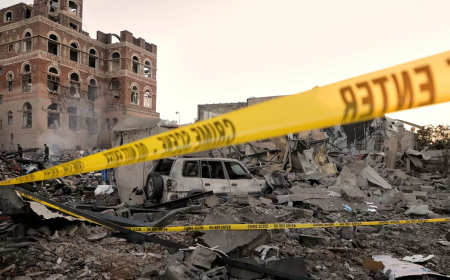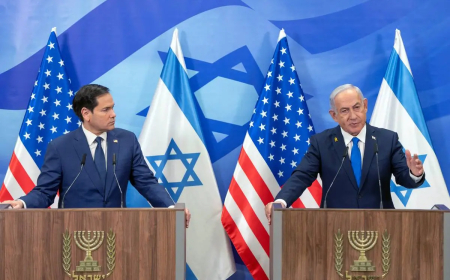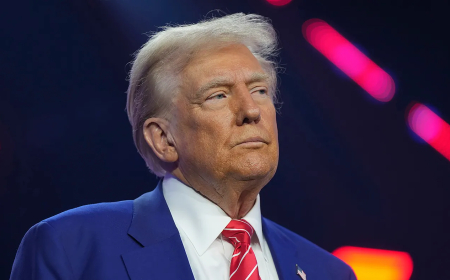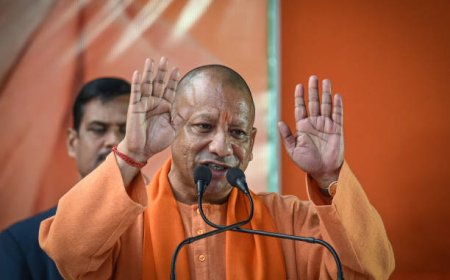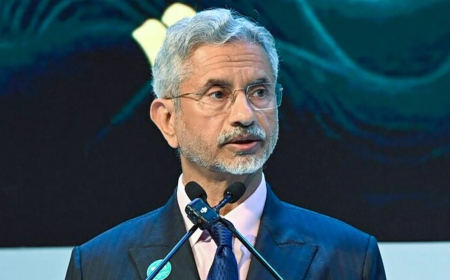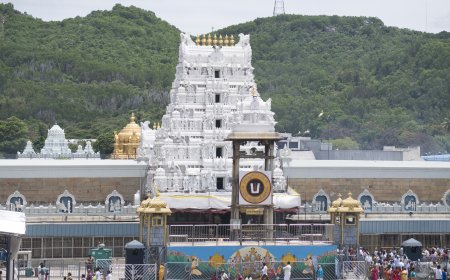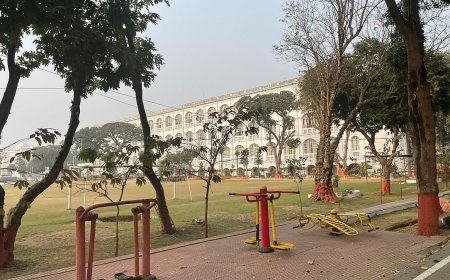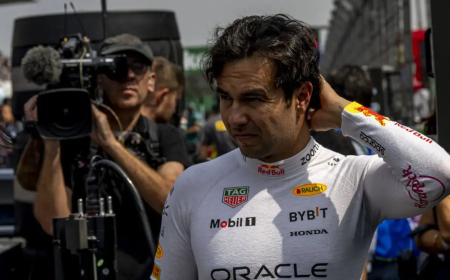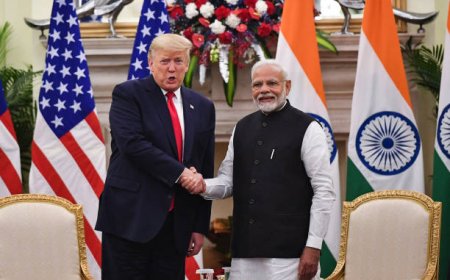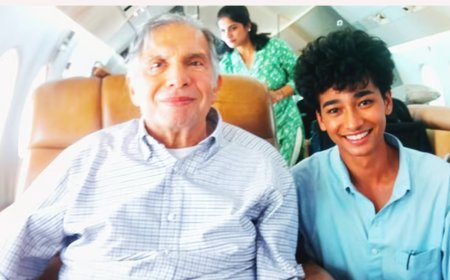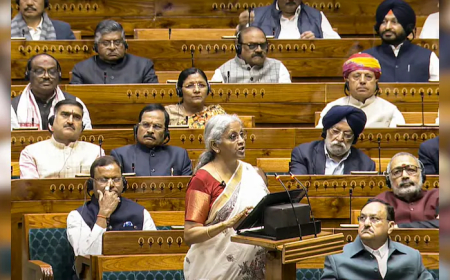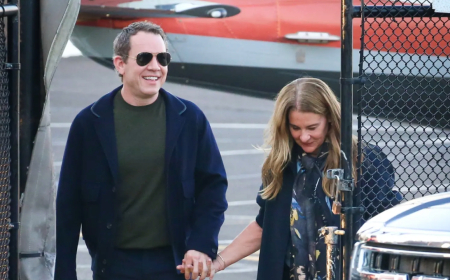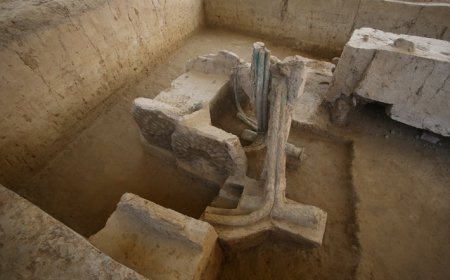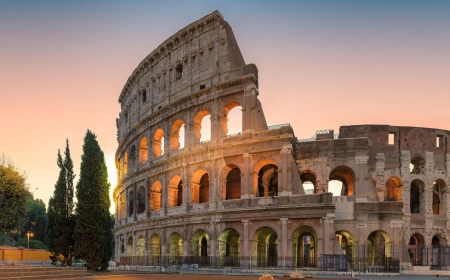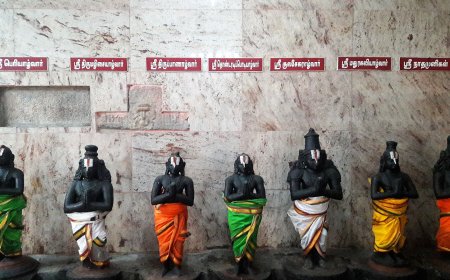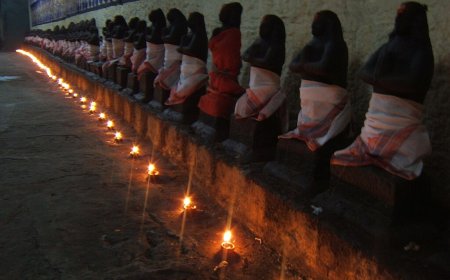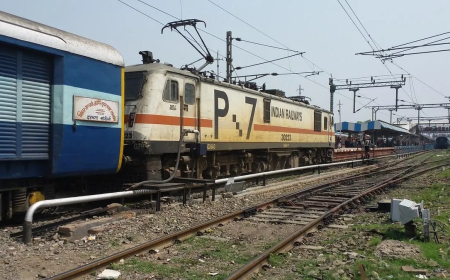Delhi's Descent into Chaos: Kejriwal Seeks Amit Shah's Intervention Amid Rising Crime
Delhi CM Arvind Kejriwal urges Union Home Minister Amit Shah to address the capital's deteriorating law and order situation. | Rising crimes, including rape and gangsterism, spark concerns.
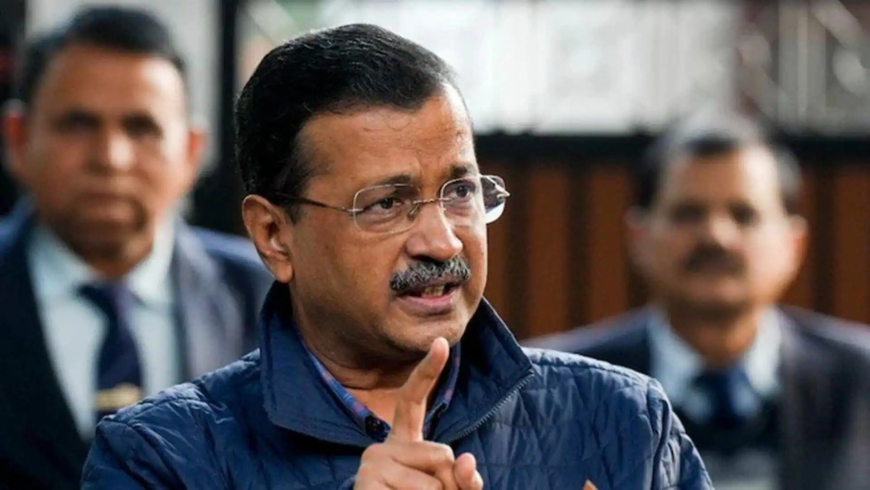
In a stark admission of the capital's spiraling lawlessness, Delhi Chief Minister Arvind Kejriwal has penned a urgent letter to Union Home Minister Amit Shah, seeking his immediate intervention to stem the tide of rising crimes in the city. The move comes as Delhi grapples with an alarming surge in heinous offenses, including rape, gangsterism, and the rampant drug trade, which have collectively eroded the sense of public safety.
Kejriwal's plea to Amit Shah underscores the gravity of the situation, where the capital's law and order machinery appears to be struggling to keep pace with the escalating crime graph. The Delhi CM's letter, while detailing the alarming rise in crime statistics, also highlights the perceived inadequacies in the current policing framework, which, in his view, necessitates a more robust and coordinated response from the Union Home Ministry.
At the heart of Kejriwal's concerns are the disturbing increases in rape cases and gang-related violence, which have sent shockwaves across the city, evoking widespread fear and outrage among its inhabitants. Furthermore, the unchecked proliferation of drugs in various parts of Delhi has added another layer of complexity to the law enforcement challenge, with the CM emphasizing the need for a multi-agency approach to dismantle the narcotics networks.
The appeal to Amit Shah also alludes to the long-standing debate over police reforms in Delhi, with Kejriwal reiterating the demand for full statehood as a means to grant the Delhi government greater control over its law enforcement apparatus. This, he believes, would enable more effective governance and better coordination in addressing the city's burgeoning security concerns.
As the letter sparks a fresh round of discussions on Delhi's law and order conundrum, attention is focused on the Union Home Ministry's response, with many awaiting concrete measures to alleviate the capital's security woes. The Centre's rejoinder, when it comes, will be closely scrutinized for signs of a renewed commitment to collaborative governance, particularly in areas where state and national interests intersect, such as public safety.
In the interim, Delhi's residents can only hope that the current impasse will give way to a more concerted effort to reclaim the city's streets from the forces of crime, restoring a sense of security and normalcy to their daily lives. As the Kejriwal-Shah exchange sets the stage for a potentially pivotal moment in Delhi's governance, one thing is certain: the capital's future depends on the ability of its leaders to forge a united front against the rising tide of lawlessness.
The unfolding situation in Delhi serves as a poignant reminder of the challenges inherent in governing megacities, where the complexities of modern urban life often intersect with the darker aspects of human nature. As stakeholders navigate this delicate landscape, the ultimate test will lie in their capacity to craft innovative, collaborative solutions that not only restore order but also foster a deeper sense of community and shared citizenship.

